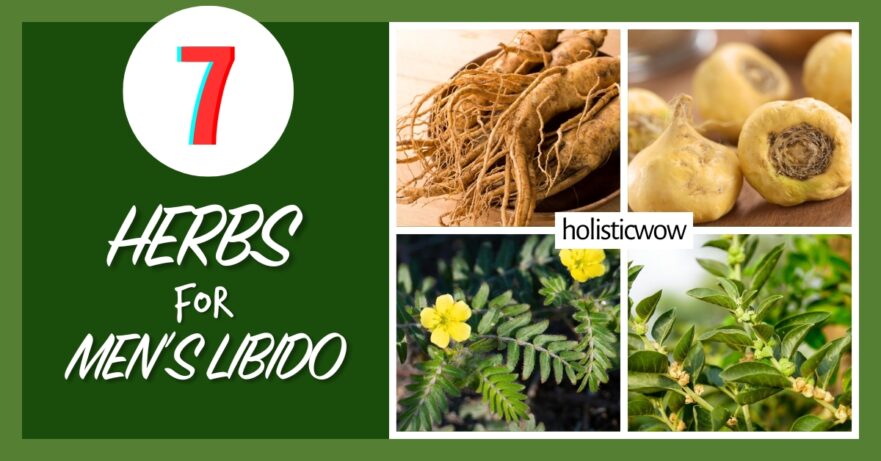In this article about herbs for men’s libido:
🌿 Best Herbs for Men’s Libido | 📜 Herbal Preparations and Recipes for Men’s Libido | ☯️ Integrating Herbs into Daily Life for Men’s Libido | 🌱 Navigating Herbs Safely
Low libido in men can significantly impact relationships and self-esteem. Common symptoms include decreased sexual thoughts, reduced desire for intimacy, and difficulty achieving or maintaining erections. These issues can stem from hormonal imbalances, stress, or certain medical conditions.
Several herbs have shown promise in supporting male sexual health. Ginseng, maca, and ashwagandha are among the natural remedies that may help increase libido, improve erectile function, and enhance overall sexual performance in men.
Understanding the underlying causes of low libido is crucial for effective treatment. By exploring these herbal options and making lifestyle changes, many men can improve their sexual health and overall well-being.
Key Takeaways
- 🫚 Ginseng’s potent effects: Panax ginseng may improve erectile function and increase sexual desire by enhancing blood flow.
- 🌿 Maca’s libido boost: Maca root can increase sexual desire in men, often showing effects within 6-8 weeks of regular use.
- 🌱 Fenugreek’s hormone support: Fenugreek may modestly increase free testosterone levels and improve sexual arousal in men.
- 💪 Ashwagandha’s dual action: Ashwagandha potentially increases testosterone levels and enhances overall sexual function in men.
- ✨ Holistic approach importance: Combining herbal remedies with lifestyle factors like exercise, stress management, and proper sleep optimizes sexual health benefits.
🌿 Best Herbs for Men’s Libido
Low libido in men can significantly impact quality of life and relationships. This condition, characterized by a decreased interest in sexual activity, can stem from various factors, including hormonal imbalances, stress, and certain medical conditions. Common symptoms include reduced sexual thoughts, lack of desire for intimacy, and difficulty achieving or maintaining erections.
Several herbs have been traditionally used to address male libido issues. These include panax ginseng (Panax ginseng), maca (Lepidium meyenii), tribulus (Tribulus terrestris), fenugreek (Trigonella foenum-graecum), ashwagandha (Withania somnifera), muira puama (Ptychopetalum olacoides), and ginkgo (Ginkgo biloba).
Low testosterone levels often play a key role in diminished libido. This hormone naturally declines with age, but factors like obesity, certain medications, and chronic diseases can accelerate this process. Stress and fatigue can also contribute to reduced sexual desire by affecting hormone production and overall energy levels.
Understanding these underlying causes is crucial for effectively addressing low libido. By focusing on natural remedies and lifestyle changes, many men can improve their sexual health and overall well-being.
Ginseng (Panax ginseng)
Ginseng (Panax ginseng), also known as Asian ginseng, has been used in traditional Chinese medicine for thousands of years as an adaptogen and tonic. Panax ginseng contains compounds called ginsenosides that are believed to support various aspects of male sexual health, including erectile function. Studies have shown that Panax ginseng may help improve erectile function [1]. While there is some evidence suggesting it may also increase sexual desire and enhance sexual satisfaction in men, these effects are not as well-established. The potential benefits may be related to Panax ginseng’s ability to increase nitric oxide production [2], which could improve blood flow to the penis. Panax ginseng may also help boost energy levels and reduce fatigue, indirectly supporting sexual performance. However, more research is still needed to fully understand its effects and optimal dosing for male sexual health.
Maca root (Lepidium meyenii)
Maca root (Lepidium meyenii) has been traditionally used in Peru for centuries to enhance fertility and sex drive. Maca contains compounds called macamides that are thought to contribute to its potential libido-boosting effects. While some studies suggest that maca supplementation may increase sexual desire in men, with effects sometimes noticed within 6-8 weeks of regular use, the evidence is mixed, and more robust clinical trials are needed to confirm these effects [3]. Maca may influence neurotransmitters involved in sexual function, although the exact mechanisms are not fully understood. It also appears to have adaptogenic properties that can help reduce stress and support overall vitality. Some research indicates that maca may improve sperm production and motility in men, although results are inconsistent across studies [4].
Tribulus (Tribulus terrestris)
Tribulus (Tribulus terrestris) is an herb that has long been used in Ayurvedic and Chinese medicine to enhance male virility and vitality. Tribulus contains steroidal saponins, particularly protodioscin, which are believed to be responsible for its effects on libido and sexual function. While some studies suggest Tribulus supplementation may improve erectile function and sexual desire in men, the evidence is limited and inconsistent, and the effect on testosterone levels is generally not supported by rigorous studies. It may work by influencing androgen receptor activity, though this mechanism is not fully confirmed [5]. While more research is still needed, Tribulus shows potential as a natural libido booster for men.
Fenugreek (Trigonella foenum-graecum)
Fenugreek seed (Trigonella foenum-graecum) has been used traditionally in Ayurvedic medicine to enhance male libido and vitality. Fenugreek contains saponins and alkaloids that may influence testosterone levels and sexual function. Some studies have found that fenugreek supplementation can increase free testosterone, improve erectile function, and enhance sexual arousal and orgasm in men [6]. However, more robust clinical trials are needed to confirm these effects. It is thought to work in part by influencing enzymes such as aromatase, which are involved in the conversion of testosterone to estrogen, although this mechanism is not fully confirmed. Fenugreek may also help improve insulin sensitivity and reduce body fat [7], indirectly supporting testosterone production.
Ashwagandha (Withania somnifera)
Ashwagandha (Withania somnifera), also known as Indian ginseng, has been used for centuries in Ayurvedic medicine as an adaptogen and aphrodisiac. Ashwagandha contains compounds called withanolides that are believed to contribute to its effects on male sexual health. Studies have found that Ashwagandha supplementation can increase testosterone levels, improve sperm quality, and enhance sexual function in men [8]. However, more extensive clinical trials are needed to confirm these effects in broader populations. It appears to work in part by reducing oxidative stress, which can help mitigate stress and support reproductive health, although its effects on cortisol levels require further investigation [9]. Ashwagandha may also help improve energy levels, reduce anxiety, and enhance overall well-being, which can indirectly support sexual performance.
Muira puama (Ptychopetalum olacoides)
Muira puama (Ptychopetalum olacoides), also known as “potency wood,” has been used traditionally in the Amazon rainforest as an aphrodisiac and nerve tonic. Muira puama contains compounds that may influence neurotransmitter function, although its effects on testosterone levels are not well-established. While traditional use and some preliminary reports suggest that Muira puama may improve erectile function, increase libido, and enhance overall sexual performance in men, more rigorous and well-designed clinical trials are necessary to confirm these effects. Muira puama may also help improve mood and reduce stress, which can indirectly support sexual desire and performance, but more evidence is needed to substantiate these effects.
Ginkgo (Ginkgo biloba)
Ginkgo (Ginkgo biloba) has been used in traditional Chinese medicine for thousands of years to enhance memory and cognitive function. Ginkgo contains flavonoids and terpenoids that may improve blood flow throughout the body, including the genital area. Some studies have found that Ginkgo supplementation can improve erectile function and sexual satisfaction in men, particularly those experiencing sexual dysfunction due to antidepressant use [10]. It increases nitric oxide production and improves vascular health [11]. Ginkgo may also help reduce anxiety and improve mood [12], which can indirectly support sexual performance, though more direct studies are needed to confirm this effect in the general population.
📜 Herbal Preparations and Recipes for Men’s Libido
The following recipes feature herbs traditionally used to support healthy libido and sexual function. These blends are intended to complement a holistic approach to men’s health, which includes a balanced diet and regular physical activity. It is important to consult with a healthcare provider before starting any new herbal regimen, as these herbs can interact with medications or may not be suitable for everyone.
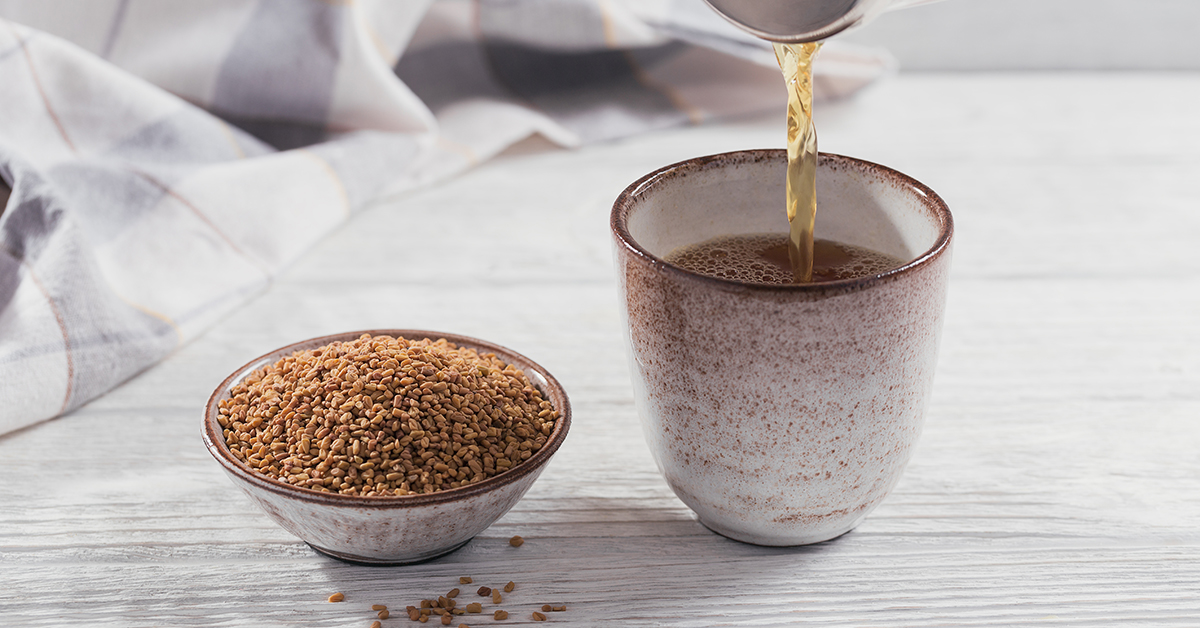
Gentle Libido Support Tea
Ingredients:
- 1 teaspoon dried ginkgo biloba leaves
- 1 teaspoon dried ashwagandha root
- ½ teaspoon dried fenugreek seeds
- 1 cup of boiling water
Preparation:
- Combine herbs in a teapot.
- Add boiling water and steep for 10-15 minutes.
- Strain and drink 1 cup daily in the morning.
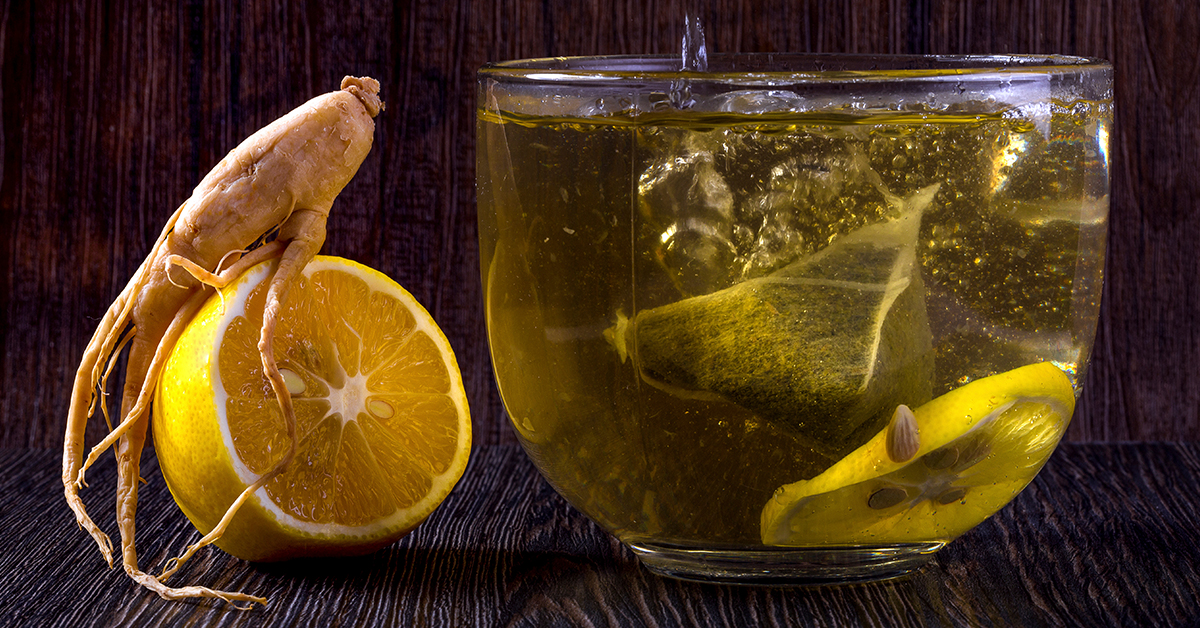
Vitality Boost Tincture
Ingredients:
- 15 mL maca root tincture (1:5)
- 15 mL Tribulus terrestris tincture (1:5)
- 10 mL Panax ginseng tincture (1:5)
Preparation:
- Combine tinctures in a dropper bottle.
- Take 2-3 mL (40-60 drops) in water once daily.
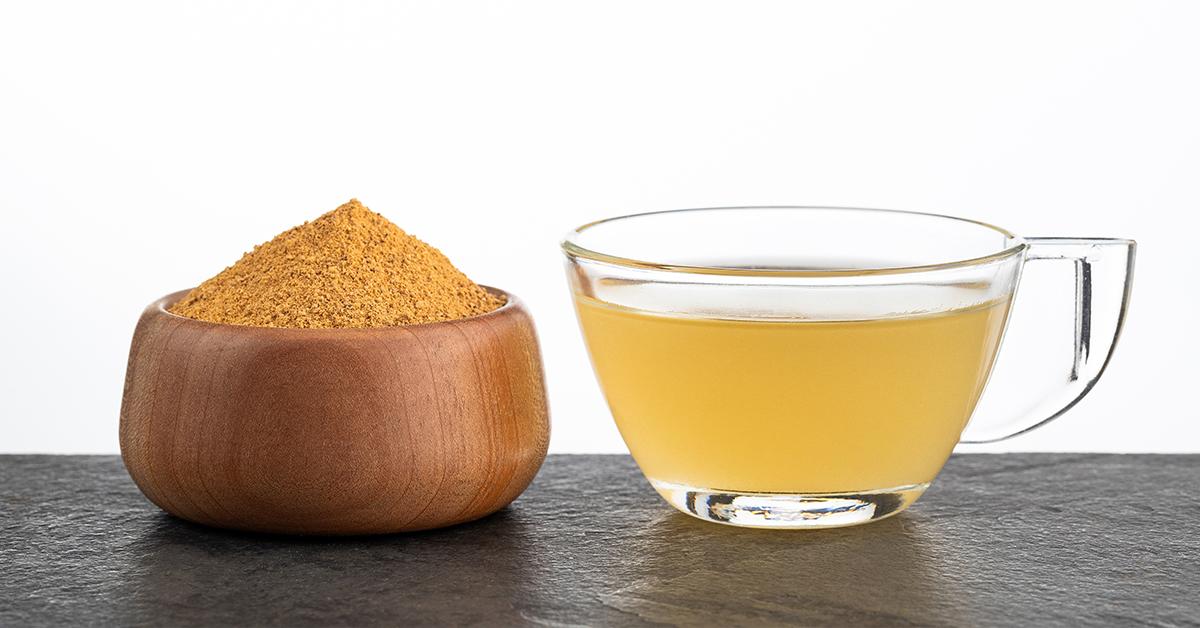
Hormonal Balance Powder
Ingredients:
- 2 teaspoons maca root powder
- 1 teaspoon ashwagandha root powder
- ½ teaspoon fenugreek seed powder
- ½ teaspoon tribulus terrestris powder
Preparation:
- Mix powders thoroughly.
- Take 1 teaspoon in water or juice once daily in the morning.
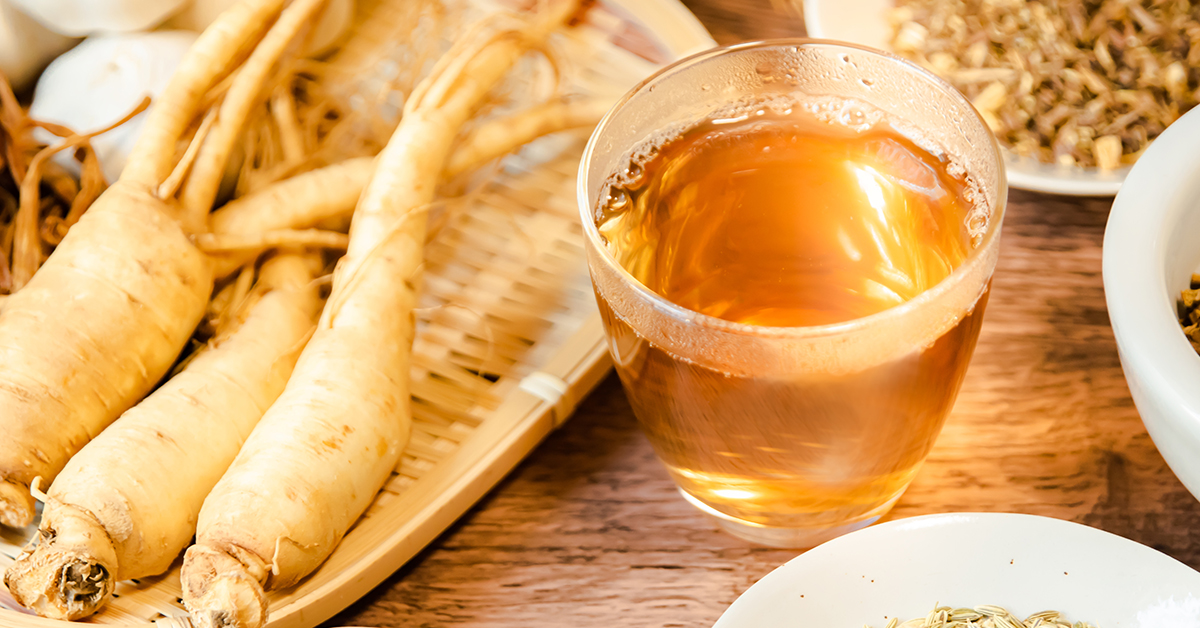
Maximum Strength Libido Elixir
Ingredients:
- 15 mL maca root tincture (1:5)
- 15 mL Tribulus terrestris tincture (1:5)
- 10 mL Panax ginseng tincture (1:5)
- 10 mL muira puama bark tincture (1:5)
- 10 mL ashwagandha root tincture (1:5)
Preparation:
- Combine tinctures in a dropper bottle.
- Take 3-4 mL (60-80 drops) in water twice daily.
These blends are designed to provide a range of options for supporting male libido and sexual function. Always consult a healthcare provider before starting any new herbal regimen, especially if you have existing health conditions or are taking medications.
☯️ Integrating Herbs into Daily Life for Men’s Libido
Incorporating herbs to support male libido can be simple and effective when integrated into daily routines. Here are practical tips for using herbs like panax ginseng, maca, tribulus terrestris, fenugreek, ashwagandha, muira puama, and ginkgo biloba, along with complementary practices to enhance their benefits.
Daily Use and Lifestyle Integration
- 🫖 Herbal Teas: Start your day with a cup of herbal tea that includes herbs traditionally believed to support libido. This can become a calming morning ritual that prepares you for the day ahead while potentially providing mild support for sexual health.
- 💚 Herbal Supplements: If you prefer not to drink herbal teas, consider taking herbs in capsule or tincture form. Herbal supplements containing these ingredients can be easily incorporated into your daily supplement regimen.
- 🥤 Herbal Powders: Add herbal powder blends to your morning smoothie or protein shake. This is an easy way to incorporate multiple supportive herbs into your daily diet.
Additional Practices to Support Sexual Health
- 🥦 Dietary Adjustments: Incorporate foods that may support testosterone production and overall sexual health. These include zinc-rich foods like oysters and pumpkin seeds, and foods high in healthy fats like avocados and nuts.
- 🏃♀️ Regular Exercise: Regularly engage in physical activity, particularly strength and high-intensity interval training. These types of exercises may help boost testosterone levels and improve overall sexual function.
- 🧘♀️ Stress Management: Practice stress-reduction techniques such as deep breathing exercises, meditation, or yoga. Managing stress is crucial, as high stress levels can negatively impact libido and sexual performance.
- 😴 Sleep Optimization: Prioritize getting 7-9 hours of quality sleep each night. Good sleep is important for hormone regulation, including testosterone production.
- 🫗 Hydration: Stay well-hydrated throughout the day. Proper hydration is important for overall health and may positively impact sexual function.
By integrating these herbal remedies and lifestyle practices, you may holistically support your sexual health. Remember to start with smaller doses of herbs to see how your body reacts, and always consult a healthcare provider before starting any new herbal regimen, especially if you have existing health conditions or are taking medications.
🌱 Navigating Herbs Safely
Starting with small doses is the first step when adding herbal remedies to your health routine. This approach lets you see how you respond and adjust amounts for the best effect, keeping safety in mind. While many herbs are safe, everyone’s body reacts differently. If you notice any side effects, it’s important to stop and think about what might be causing them.
Remember, herbs can sometimes interact with prescription medicines. These interactions might make your medicines work too well or not well enough, which is why talking to a healthcare provider or an herbalist is essential. This is especially crucial if you’re pregnant, breastfeeding, taking medications regularly, or have an existing health condition. Getting advice tailored to your situation can help you avoid any unnecessary risks.
For kids and older adults, being extra careful with herbs is important. Their bodies might react more strongly to herbal remedies, and the chance of side effects or interactions could be greater. Before giving herbal treatments to children or elderly family members, getting advice from a professional is a must to ensure their safety.
By being cautious and seeking expert advice when needed, you can make herbal remedies a safe part of your wellness plan. This careful approach allows you to enjoy the benefits of herbs while keeping yourself and your family safe.
Panax ginseng, maca, tribulus terrestris, fenugreek, ashwagandha, muira puama, and ginkgo biloba are all believed to work through different mechanisms, such as improving blood flow, balancing hormones, reducing stress, or enhancing energy levels.
While these herbs show promise in supporting male sexual health, it’s important to note that more research is needed to fully understand their effects. Always consult a healthcare provider before starting any new herbal regimen, especially if you have existing health conditions or are taking medications.
FAQ
What are the most effective herbs for boosting male libido?
Several herbs have shown promise in supporting male libido and sexual function. Panax ginseng, also known as Asian ginseng, is one of the most well-studied herbs for this purpose. It contains compounds called ginsenosides that may improve erectile function and increase sexual desire. Maca root, traditionally used in Peru, has been suggested to enhance sexual desire in men, often within 6-8 weeks of regular use. However, the evidence is mixed, and further research is needed to confirm these effects. Tribulus terrestris is another herb used in traditional medicine to enhance male virility. While its effects on testosterone levels are debated, and the scientific evidence is mixed, some studies suggest it may improve erectile function and sexual desire. Other potentially effective herbs include fenugreek, which has been studied for its potential to increase free testosterone and improve sexual arousal, and ashwagandha, which has been shown to increase testosterone levels and enhance sexual function in some studies. However, results can vary, and more research is needed to confirm these findings. It's important to note that while these herbs show promise, more research is needed to fully understand their effects and optimal dosing for male sexual health.
How long does it typically take to see results from using herbal supplements for libido?
The time it takes to see results from herbal supplements for libido can vary depending on the specific herb, dosage, and individual factors. Some men may notice improvements in sexual desire and function within a few weeks, while for others, it may take several months of consistent use. For example, studies on maca root suggest that effects on sexual desire are often noticed within 6-8 weeks of regular use. However, the evidence is mixed, and individual results may vary. With Panax ginseng, some men report improvements in erectile function and sexual satisfaction within 4-8 weeks. Tribulus terrestris and fenugreek may show effects within 2-3 months of consistent use, though the evidence for Tribulus terrestris is mixed. It's important to remember that these herbs work best as part of a holistic approach to sexual health, including a healthy diet, regular exercise, stress management, and adequate sleep. Also, individual responses can vary greatly, and what works quickly for one person may take longer for another. If you don't notice improvements after 2-3 months of consistent use, consulting with a healthcare provider may be worth exploring other options or adjusting your approach.
Are there any potential side effects or interactions to be aware of when using herbal supplements for libido?
While herbal supplements for libido are generally considered safe for most healthy adults, they can potentially cause side effects or interact with certain medications. Panax ginseng, for example, may cause insomnia, headaches, or increased heart rate in some individuals. It can also interact with blood thinners and diabetes medications. Maca is generally well-tolerated but may cause mild digestive upset in some people. Tribulus terrestris is considered safe for short-term use, but long-term safety data is limited. Some people may experience stomach pain or sleep problems. Fenugreek can cause digestive issues and may interact with blood-thinning medications. Ashwagandha may lower blood sugar and blood pressure, so caution is advised for those with diabetes or low blood pressure. Ginkgo biloba can increase the risk of bleeding, especially when combined with blood-thinning medications. It's crucial to consult with a healthcare provider before starting any herbal supplement regimen, especially if you have existing health conditions or are taking medications. They can help you understand potential risks and interactions specific to your situation and monitor your response to the supplements.

